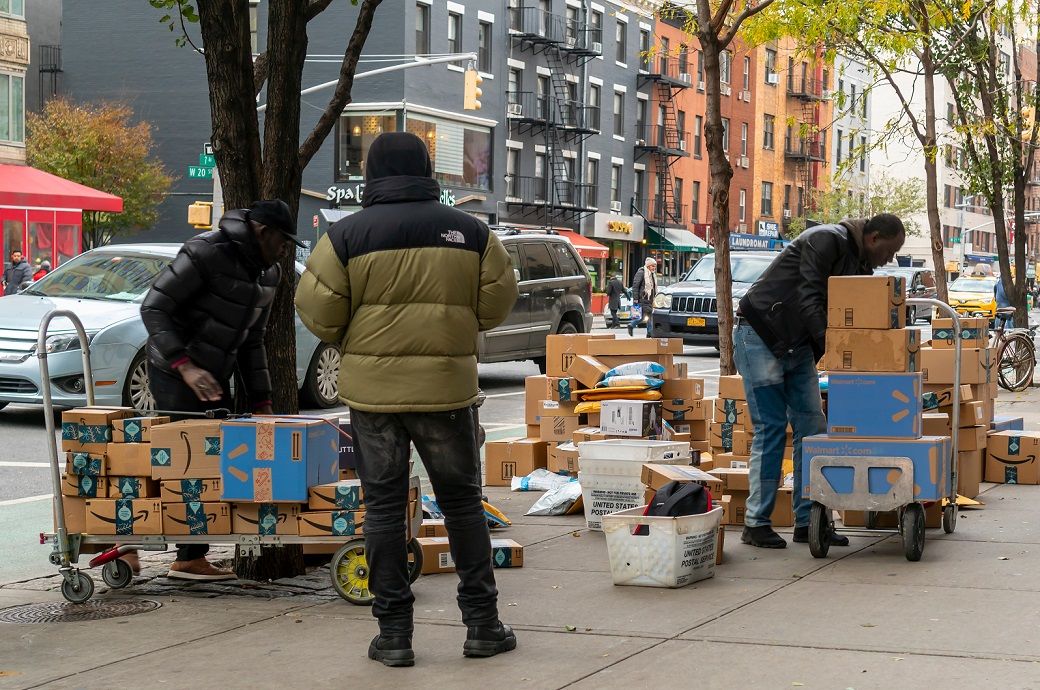
If current delivery practices continue unaltered, global e-commerce could result in the emission of up to 160 megatons of CO2/year by 2030, equivalent to the yearly CO2 emissions of 44 coal plants. This figure accounts for only part of the total environmental burden; other pollutants including nitrogen oxides (NOx), particulate matter (PM), and carbon monoxide (CO) are also expected to be emitted in large quantities, as per the study titled ‘Cost of Convenience’ by the Clean Mobility Collective (CMC) and Stand.earth Research Group (SRG).
The health implications of these emissions are far-reaching. In 2022 alone, pollutant emissions from last mile deliveries likely contributed to around 12,000 cases of aggravated asthma and over 20,000 incidents of respiratory symptoms globally. From 2023 to 2030, these emissions could lead to up to 168,000 cumulative cases of asthma exacerbation, 285,000 cases of respiratory symptoms, and as many as 9,500 premature deaths worldwide if no substantial changes occur in electric vehicle (EV) adoption rates.
In terms of ecological impact, the study has estimated that one billion trees would need to be planted and allowed to grow for a decade to sequester the emissions of a single year of current last-mile parcel deliveries.
Fibre2Fashion News Desk (KD)